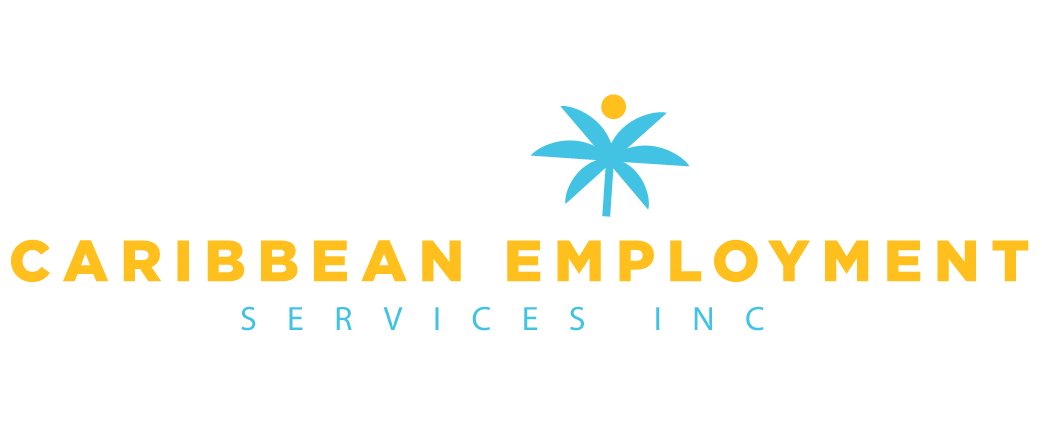CAPRI: Productivity suffers when workers don’t have enough time to take care of other obligations
KINGSTON, JAMAICA — A perceived labour productivity issue in Jamaica could be addressed if businesses were to offer more flexible work options to their employees.

Flexible work is one way employers can help their workers with care support.
This is according to a paper recently published by the Caribbean Policy Research Institute (CAPRI), which asserted that employers should play a larger role in helping employees fulfill care duties.
“Employer-provided care support for workers with care obligations could be one solution to Jamaica’s productivity and labour market challenges,” the organization said.
While it identified several ways this could be achieved, it also emphasized that “flexible working arrangements are a good form of employer-provided care support”.
As such, it spent a significant amount of time highlighting the ways this could be achieved in Jamaica, and the benefits that could be yielded by employers, employees and the entire economy alike.
Link between care needs and low productivity

Job productivity suffers when workers don't have adequate care support, CAPRI said.
In explaining the reasoning behind its conclusion, CAPRI explained that when workers have to fulfill care needs without support, it detracts from their job performance.
This in turns has a negative impact on the business they work for and, on a bigger scale, on the national economy.
CAPRI referenced 20 years of research that show a positive relationship between reducing unpaid care work and improved “worker productivity, business profits and national economic growth”.
However, the organization lamented that there is “no provision of public services or infrastructure to support unpaid care and domestic work obligations” at present.
“There are gains to be had when these obligations are accounted for,” CAPRI asserted.
“Internationally, the data shows that both employees and employers benefit when employers provide support for their workers’ care obligations.
“Where those gains result in increased output and productivity, the broader economy also stands to benefit.”
More flexibility for jobs in Jamaica
To this end, CAPRI expressly recommended that the public and private sector make more of an effort to implement flexible working in Jamaica.

CAPRI recommended several ways the public and private sector can help support job flexibility in Jamaica.
It actually pointed out that Jamaica already has some measure of legislation related to flexible working in place.
Despite this, however, CAPRI said “there is every indication that the flexi-work culture has not taken root in the Jamaican workplace”.
“As early as 1996, when the recommendation on Flexible Work Arrangements was proposed, it was suggested that ‘flexibility in the labour market is crucial to the country’s ability to compete and survive in the global economy’,” the research group pointed out.
But as those recommendations have not taken root, CAPRI urged the government of Jamaica in this day and age to “promote flex-work policies for all workplaces” as well as “implement flexi-time in public sector operations, thus setting an example”.
Further, it suggested the public sector “provide government services outside of traditional business hours to accommodate others working flexi-time” and thereby encourage more of a culture where flexible work arrangements are normalized and feasible.
Find the latest jobs in the Caribbean via Caribbean Employment Services Inc.
References:
Caribbean Policy Research Institute paper, “The Business of Care”










